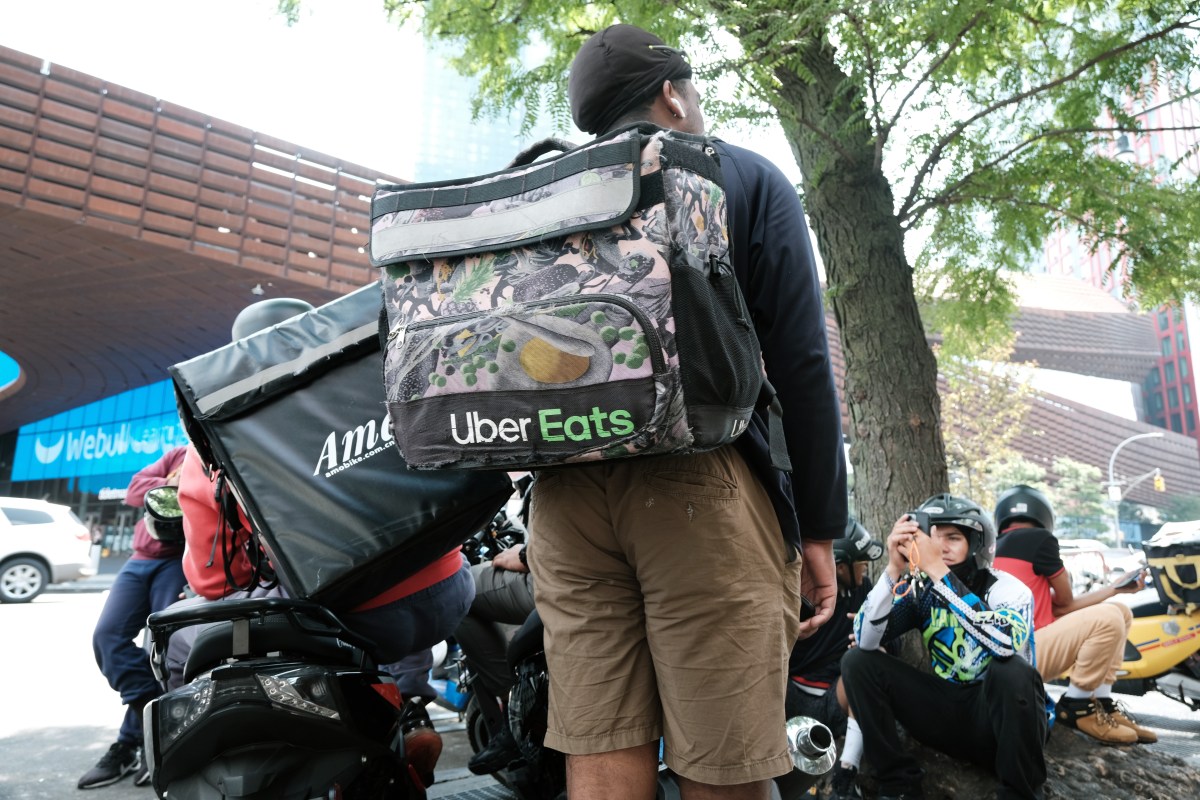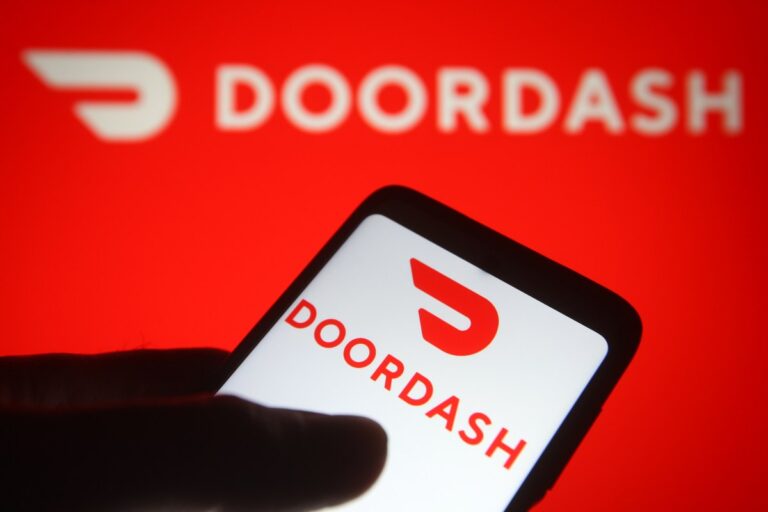Uber Takes Legal Action Against DoorDash Over Alleged Anti-Competitive Practices
In a significant legal development in the food delivery industry, Uber has filed a lawsuit against DoorDash, alleging that the latter is engaging in anti-competitive practices that harm restaurant owners and stifle competition. This lawsuit highlights the ongoing rivalry between these two major players in the ride-share and delivery sectors.
Details of the Lawsuit Against DoorDash
The lawsuit was officially filed on Friday in the Superior Court of California. Uber accuses DoorDash of intimidating restaurant owners into entering exclusive agreements, thereby limiting their options for delivery services. According to Uber, DoorDash threatens restaurants with multimillion-dollar penalties or the demotion of their listings on the DoorDash app if they do not comply with these exclusive arrangements.
Allegations of Anti-Competitive Practices
Specifically, Uber claims that DoorDash pressures restaurants into signing exclusive contracts for first-party delivery services. This means that DoorDash insists on being the only platform for orders made through the restaurants’ own websites. Uber’s allegations suggest that these practices are detrimental to the overall competitive landscape of food delivery in the U.S.
DoorDash’s Response
In response to the lawsuit, a spokesperson for DoorDash stated, “Uber’s case has no merit. Their claims are unfounded and based on their inability to offer merchants, consumers, or couriers a quality alternative.” This statement reflects DoorDash’s position that their practices are legitimate and beneficial for the restaurants involved.
The Competitive Landscape of Food Delivery
Both Uber and DoorDash are well-known for their respective apps that connect restaurants, consumers, and gig economy workers. Consumers can easily order food from various restaurants, such as pizza or pad thai, and gig workers deliver these meals directly to them. Beyond their consumer-facing apps, both companies also offer white-label delivery services—Uber Direct and DoorDash Drive On-Demand—which aim to reduce costs for restaurants by allowing customers to order directly from the restaurants’ websites.
Impact on Restaurants and Market Competition
Uber claims that DoorDash has secured first-party delivery arrangements for over 90% of the largest enterprise restaurants in America. The lawsuit asserts that DoorDash’s anti-competitive tactics have significantly impacted Uber’s business, restricting its growth and resulting in substantial financial losses.
- 1 million merchants partner with Uber Eats, benefiting from increased customer reach.
- Restaurants have reported feeling pressured by DoorDash’s tactics, with some stating they feel as if they have a “gun to their head.”
- Uber is seeking a jury trial and has not disclosed the specific amount of damages being claimed.
Conclusion
As the case unfolds, it could have far-reaching implications for the food delivery industry, particularly regarding how delivery services engage with restaurant partners. Uber’s lawsuit aims to challenge the practices of DoorDash and restore competition in the market, allowing restaurants to make choices that best suit their business needs without fear of retribution.
For more insights into the evolving food delivery landscape, check out our articles on food delivery trends and regulatory challenges in the gig economy.







